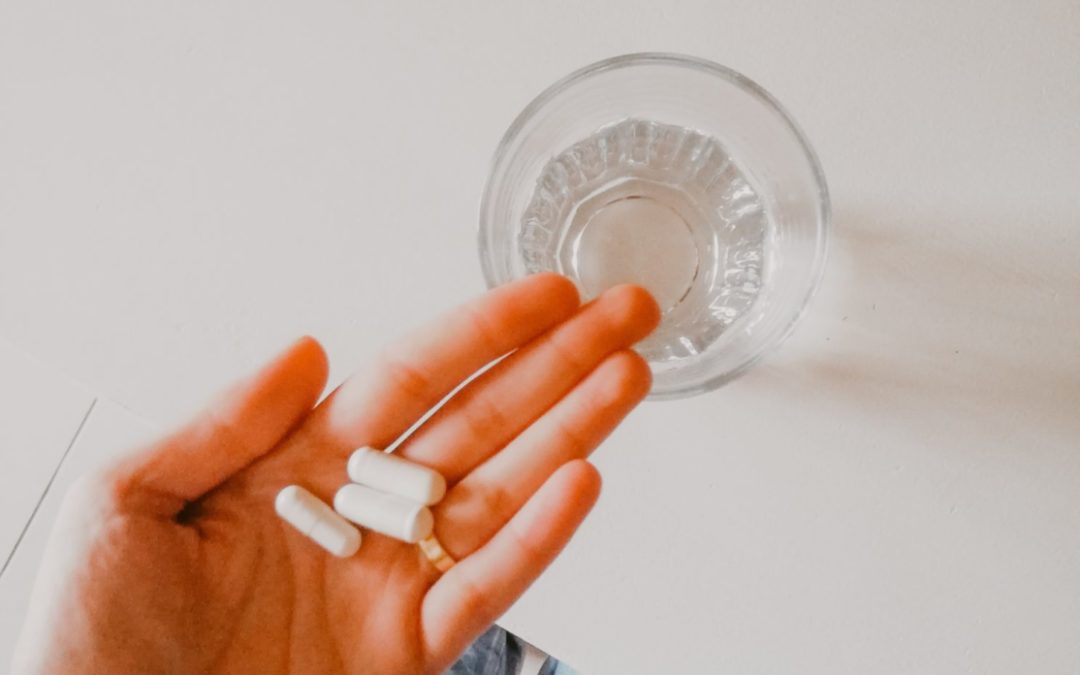By Melinda Goedeke
I laugh sarcastically every time I watch a commercial about medication for the treatment of bipolar disorder. Unkempt young men and women are shown in dark, depressing places with vacuous eyes and downtrodden faces until they take the miracle medication which quickly transports them to a place full of rainbows, butterflies, and good hygiene. Bipolar medications can and do work to some extent for some people, but for most people navigating the meds is like fighting on the front lines; unfortunately, my daughter Laura lost her war despite her tenacious efforts.
Treating bipolar disorder isn’t as easy as taking a few pills every day. Just like the disease itself, the meds are complicated, fraught with side effects, and not guaranteed to change anything. They might work; they might not. It takes weeks to reach a therapeutic level during which time Laura would have alternated sleeping and staying awake living at hyper speed for days on end. She took a variety of meds to help ease her anxiety, moderate her rapid cycling bipolar mood swings, slow down her ADHD and curb her marijuana addiction. Her med cocktail was necessary for her survival because of her mental health diagnosis: borderline personality disorder, bipolar II rapid cycling, ADHD, bulimia, and chemical addiction. After last straw ultimatums, calm conversations, heartfelt pleadings and adamant reluctance, she tried medications in hopes of maybe experiencing some relief of some symptoms, both appeasing me and proving to herself that she could live a happy or at least happier life.
Many people who suffer from bipolar disorder have serious comorbidities which also require treatment, so where does one begin? Treat the bipolar symptoms? Conquer the addiction? Get the eating disorder under control so the meds aren’t simply thrown up. One med was often contraindicated with another and/or heightened the side- effects of yet another such as weight gain – not an option for one with bulimia. It’s a bit of an if/then conundrum. If she took the bipolar med, she was advised to stop using marijuana which she used to escape the self-deprecating mantra she recited daily convincing herself that we would all be better off without her. She needed the anti-anxiety meds to bring some calm to her world, but they didn’t help regulate her moods and often added to her hyperactivity. It is a vicious chicken-egg cycle with no clear answer. Change solely to anti-anxiety drugs? Try a new mood stabilizer? Quit all meds? Live in denial? That has always been an effective strategy for me. Adding further complication, once a potential drug cocktail is found, it likely won’t work forever continuing the conundrum. Denial perhaps is the answer.
Laura’s episodes were often life-threatening as with others who suffer from bipolar disorder. After a particularly scary episode, Laura ended up in the ER which led to her admittance to a psych ward resulting in new doctors and treatments. They wiped her drug slate clean and started her on an entirely new medication – lithium. Because of the potentially harmful side effects also meant frequent blood work, which added yet another complexity. Unfortunately, what they failed to do was look beyond the disease. Laura was a shining star with an infectious smile behind which she masked her pain and hung on to a thread of hope. She was more than a patient in the psych ward who needed antipsychotic medications. She needed to be seen beyond her bipolar, beyond her pain, beyond all her diagnoses. She needed to be seen as the brilliant woman she was and not a crazy girl whose episodes violently interrupted her life. She needed to be part of the decision-making process taking into account all of her. Like Laura, those suffering from bipolar disorder are much more than their meds and disease. Thankfully, the meds can work, but the journey is long, fragile and even painful. Those who finally find the way to successfully manage this deadly disease are the fortunate ones. And I celebrate their strength and persistence as they fight day after day for peace.
They are amazing warriors as was my Laura – now a fallen soldier.


